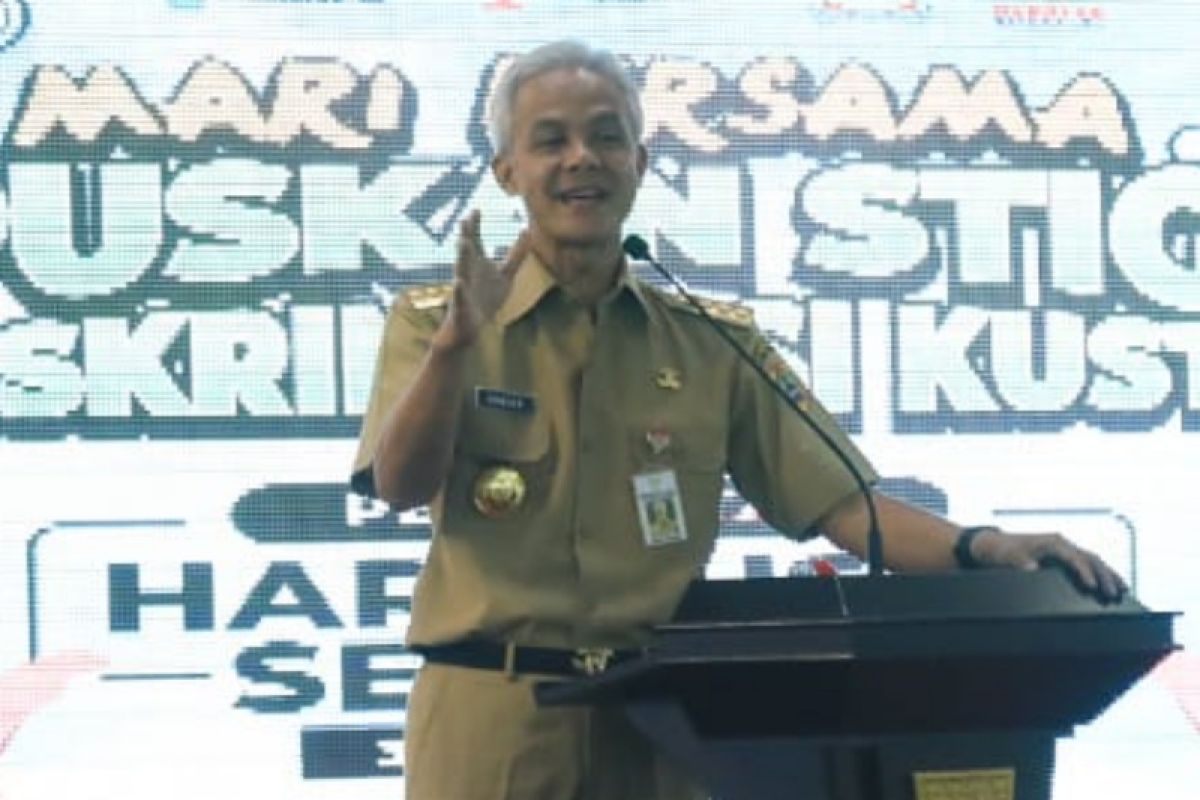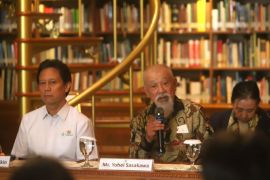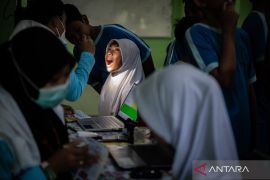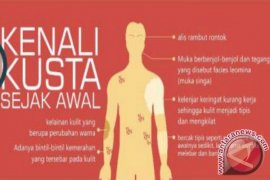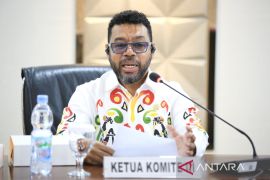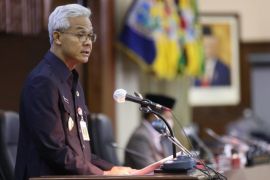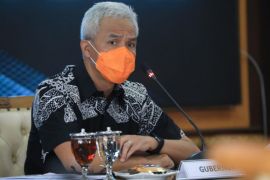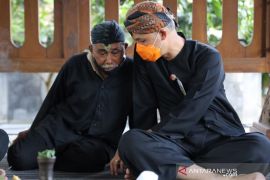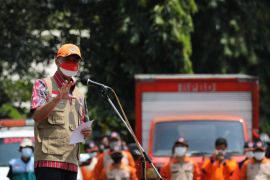"To remove the stigmatization and discrimination, everyone's contribution is needed," he stated in Semaran on Monday.
He cited data recorded during 2019–2021, which has shown that the indicators of leprosy control in Central Java have continued to improve, but they require further refinement so that leprosy cases can be completely suppressed.
"Earlier, there were two leprosy survivors. We asked them to tell us about their illness, treatment, the role of the government, as well as the response of families and public. It turns out that stigmatization still exists, thus discrimination often arises. (Empathizing with the patients and fighting the stigma) requires literacy, and we are advocating the abolition of (the stigma or discrimination)," he stressed.
Pranowo delivered the statement while opening the commemoration of World Leprosy Day at Gradhika Bhakti Praja Building, Semarang, Central Java.
Of the 34 districts and cities in Central Java, only Brebes district has yet to resolve the issue so far, he said.
He deemed the situation in Brebes as concerning in terms of leprosy prevention.
Related news: End leprosy stigma with trendy campaign: Deputy health minister
"We checked that there is still one district in Central Java, that is Brebes, (which needs) to be helped. (The situation in) Brebes is indeed very (serious) and complicated, so it must be given assistance by community groups, especially those who care about leprosy," he said.
The governor further said that he expected the stigma and discrimination against leprosy survivors to be eliminated. Recommendations to meet that end are needed in order to improve the situation, he added.
Technology can be used for tracking and finding cases, and reporting of cases needs to be conducted more openly using various media so that survivors are willing and not embarrassed to come forward, the governor said.
"In the past, we searched (for patients), and the (alleged patients we) found didn't want to confess. Stay away from the disease, not the person, because transmission requires intensive meeting over a prolonged time," he remarked.
The steps taken to improve the prevention of leprosy have included acceleration of the tracing of cases, communication with the public, and health centers for direct detection, he informed.
"The government, down to the village level and RT/RW, can report (leprosy) cases. Early detection is necessary, so we need to (educate people about the) early indicators or symptoms so that they can be detected immediately," he added.
Related news: Health Ministry records 7,201 leprosy cases in 2021
Related news: Stigma attached to leprosy hampers efforts to control disease: Ministry
Translator: Wisnu Adhi N, Mecca Yumna
Editor: Suharto
Copyright © ANTARA 2022
